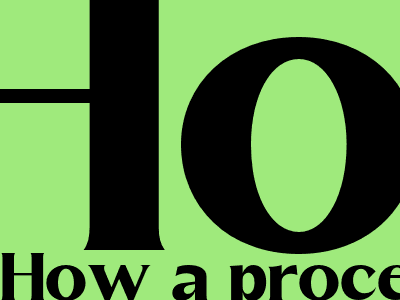
How a process of truth-telling can help heal deep racial wounds in Western Australia
A long and painful history of racial discrimination
Western Australia has a long and painful history of racial discrimination. The state was founded on the dispossession of Aboriginal people, and for many years, Aboriginal people were subjected to a range of discriminatory laws and policies. These policies included the forced removal of Aboriginal children from their families, the denial of basic rights and freedoms, and the segregation of Aboriginal people into reserves.
The legacy of this discrimination is still felt today. Aboriginal people in Western Australia continue to experience higher rates of poverty, unemployment, and ill-health than non-Aboriginal people. They are also more likely to be incarcerated and to die in custody.
The need for truth-telling
In recent years, there has been a growing recognition of the need for truth-telling about the history of racial discrimination in Western Australia. This recognition has come from both Aboriginal and non-Aboriginal people, and it is based on the understanding that truth-telling is essential for healing the wounds of the past.
Truth-telling can take many forms. It can involve sharing stories of personal experiences, listening to the stories of others, and learning about the history of racial discrimination. It can also involve acknowledging the pain and suffering that has been caused by discrimination, and taking steps to address the ongoing legacy of discrimination.
The benefits of truth-telling
There are many benefits to truth-telling. For Aboriginal people, truth-telling can help to heal the wounds of the past and to build a stronger sense of identity. It can also help to raise awareness of the history of racial discrimination and to challenge the ongoing legacy of discrimination.
For non-Aboriginal people, truth-telling can help to build understanding of the history of racial discrimination and its ongoing impact. It can also help to create a more just and equitable society for all.
Conclusion
Truth-telling is a powerful tool for healing and reconciliation. It is a process that can help to heal the deep racial wounds that exist in Western Australia. It is a process that requires courage and commitment, but it is a process that is essential for building a more just and equitable society for all.